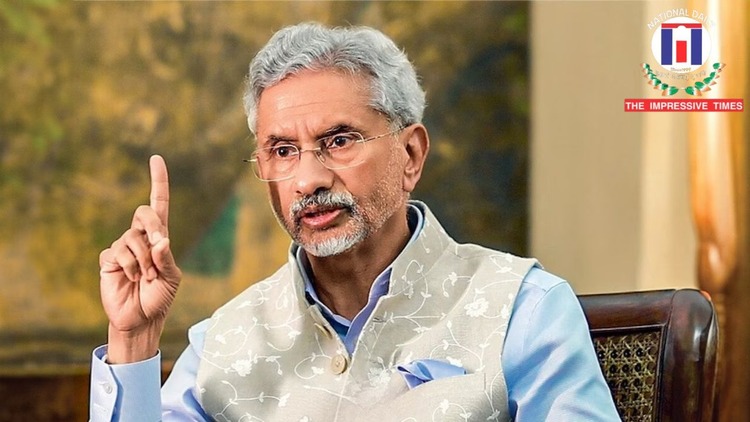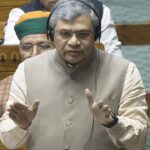
New Delhi, Aug 31 2024 : External Affairs Minister S. Jaishankar has highlighted the distinctive challenges India faces in its relationship with China, emphasizing the need for a careful and measured approach to economic engagement with the neighboring giant. Speaking at the ET World Leaders Forum on Saturday, Jaishankar pointedly remarked, “We have a special China problem,” underlining that India’s concerns regarding Beijing extend beyond the broader global issues with China. Jaishankar’s comments reflect India’s ongoing efforts to strike a delicate balance between economic interests and national security. He stressed the thin line that often exists between these two considerations, saying, “There is a thin line between economics and national security in most cases.” This statement underscores the complexity of managing foreign investments, particularly those from China, in a way that safeguards India’s strategic interests.
The minister also urged Indian businesses to be mindful of their social responsibilities in this context. While advocating for investment and economic growth, Jaishankar warned against the risks of unchecked foreign direct investments (FDIs), especially from China. “I am pro-investment, pro-growth, but somewhere there should be a balance,” he stated, reflecting the government’s cautious stance on Chinese investments. This cautious approach has become more pronounced in recent years, especially following heightened border tensions between India and China. The Indian government has increasingly scrutinized Chinese investments, implementing tighter regulations to protect critical sectors and industries, particularly the micro, small, and medium enterprises (MSMEs) that play a crucial role in India’s economy. Jaishankar’s remarks align with this broader strategy of balancing economic openness with national security concerns.
The minister’s comments were echoed by Arvind Panagariya, economist and Chairman of India’s 16th Finance Commission, who offered a nuanced perspective on the issue. In a report by the Economic Times, Panagariya suggested that while investments from China that pose security risks should be restricted, allowing certain Chinese investments could actually provide India with strategic leverage. “Remember that we also acquire leverage against China when a sizeable investment by that country is on our soil,” Panagariya argued, indicating that economic engagement, even with a strategic competitor like China, could be turned to India’s advantage. Panagariya also addressed the broader debate on tariffs and protectionism, challenging the notion that these measures are inherently harmful to foreign investment. He highlighted the concept of “tariff jumping FDIs,” where companies invest locally to avoid tariffs, thereby boosting domestic production and investment. This perspective suggests that a balanced approach to tariffs could incentivize foreign companies to contribute more directly to India’s economic growth.
Jaishankar’s remarks and Panagariya’s analysis both point to a strategic recalibration in India’s approach to foreign investments, particularly from China, where economic considerations are increasingly being weighed against national security imperatives. As India navigates its complex relationship with China, the emphasis is on fostering growth while ensuring that economic engagements do not compromise the country’s strategic interests.


















No Comments: